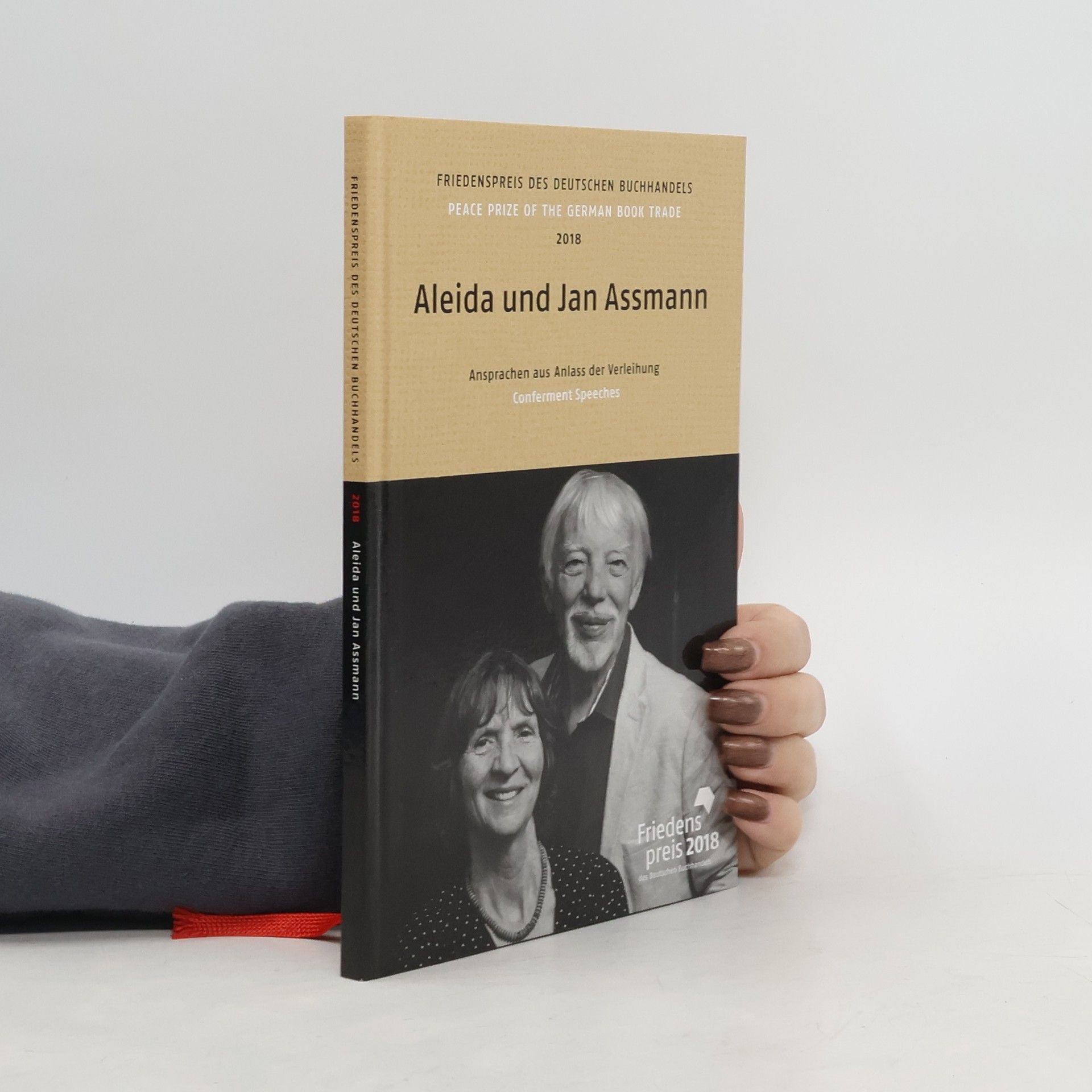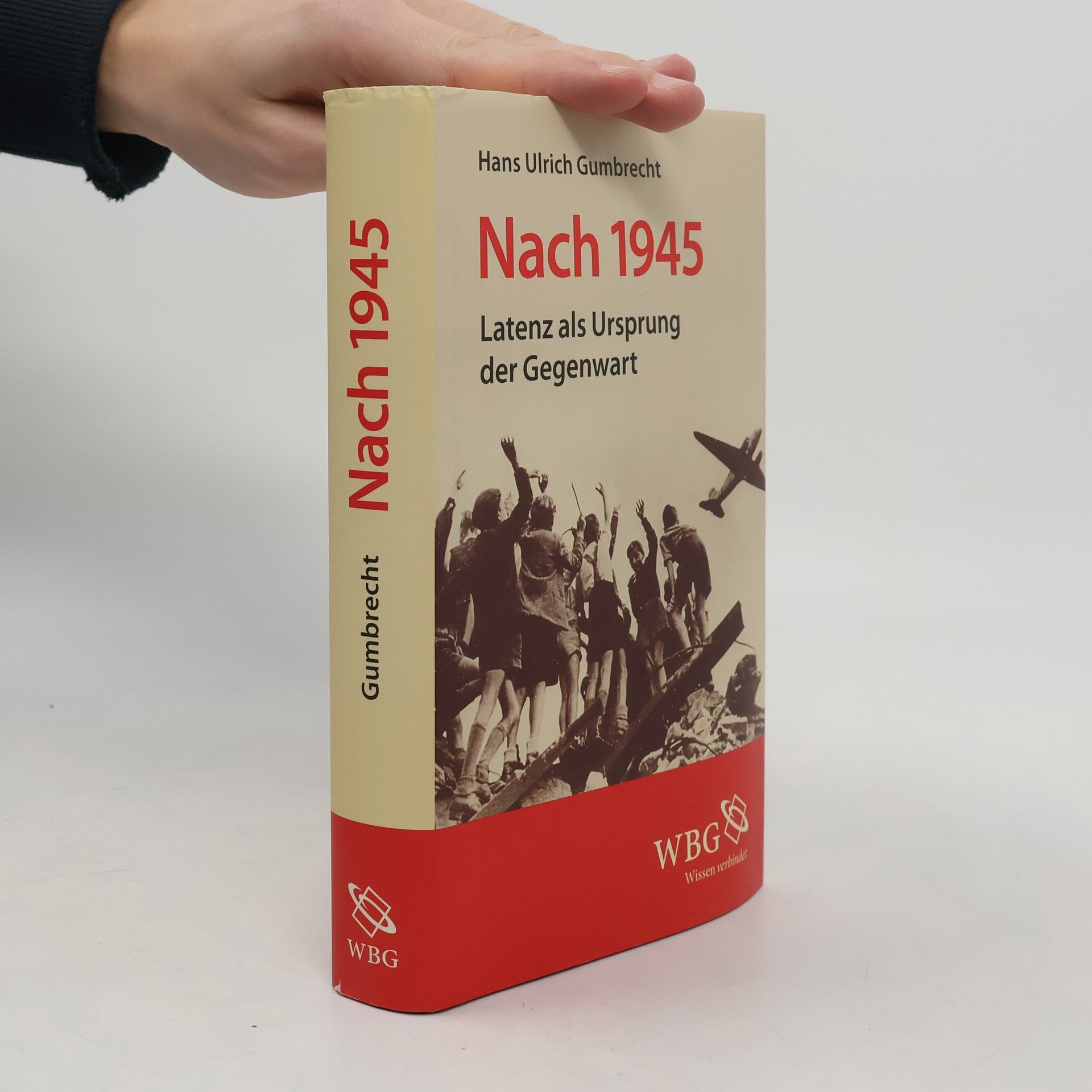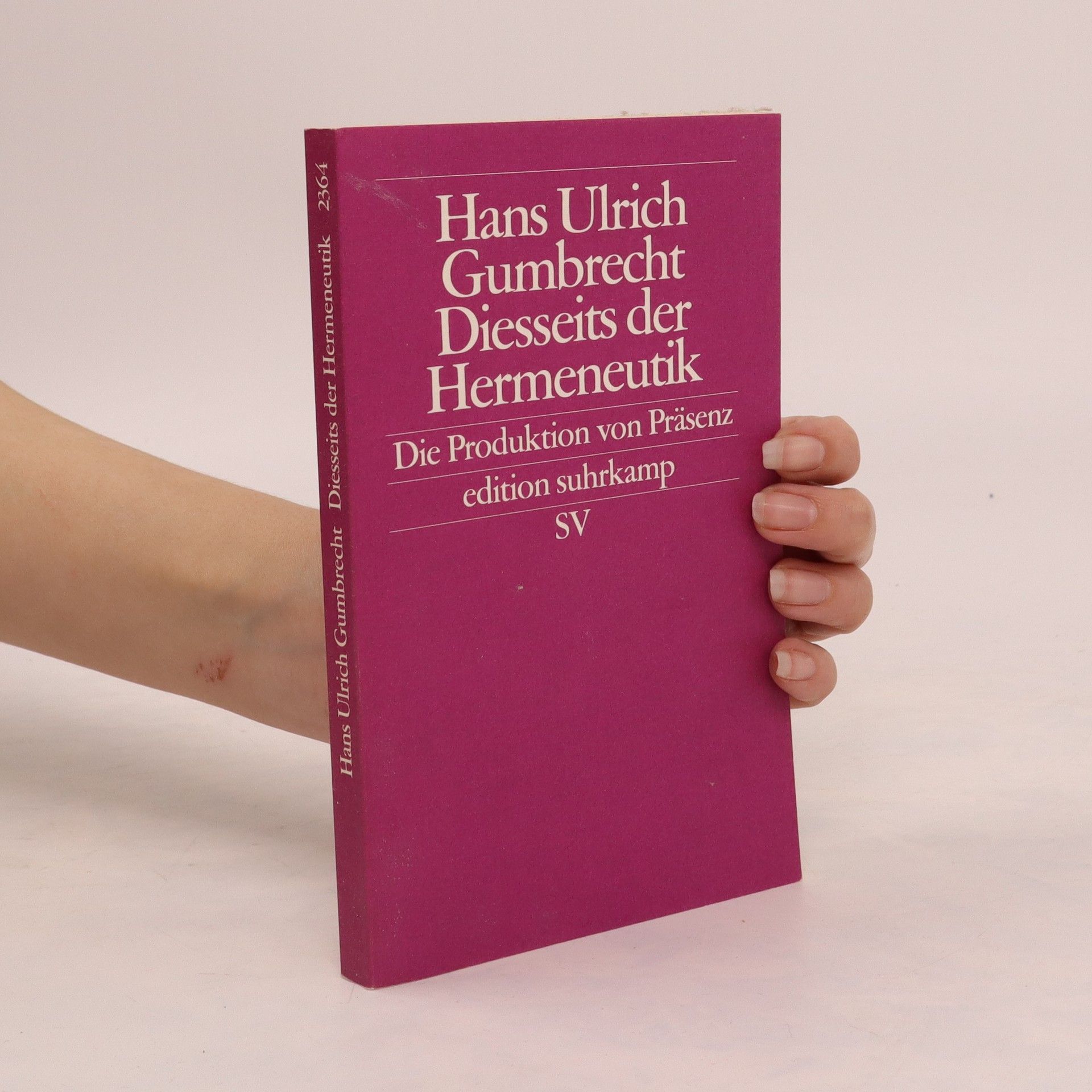Anyone who has ever experienced a sporting event in a large stadium knows the energy that emanates from stands full of fans cheering on their teams. Although "the masses" have long held a thoroughly bad reputation in politics and culture, literary critic and avid sports fan Hans Ulrich Gumbrecht finds powerful, as yet unexplored reasons to sing the praises of crowds. Drawing on his experiences as a spectator in the stadiums of South America, Germany, and the US, Gumbrecht presents the stadium as "a ritual of intensity," thereby offering a different lens through which we might capture and even appreciate the dynamicof the masses. In presenting this alternate view, Gumbrecht enters into conversation with thinkers who were more critical of the potential of the masses, such as Gustave Le Bon, Friedrich Nietzsche, Sigmund Freud, José Ortega y Gasset, Elias Canetti, Siegfried Kracauer, T. W. Adorno, or Max Horkheimer. A preface explores college crowds as a uniquely specific phenomenon of American culture. Pairing philosophical rigor with the enthusiasm of a true fan, Gumbrecht writes from the inside and suggests that being part of a crowd opens us up to an experience beyond ourselves.
Hans Ulrich Gumbrecht Livres
Hans Ulrich Gumbrecht explore l'histoire des littératures nationales en langues romanes et la littérature allemande, tout en s'engageant dans la tradition philosophique occidentale, en particulier la pensée française et allemande des XIXe et XXe siècles. Son travail se concentre sur l'analyse des expériences esthétiques dans la culture quotidienne du XXIe siècle, offrant ainsi une perspective unique sur l'intersection de la littérature, de la philosophie et de la vie contemporaine. Gumbrecht est reconnu comme un intellectuel public dont l'œuvre considérable a trouvé un écho auprès des lecteurs du monde entier.






Philosopher and translator, novelist, art critic, and editor of the "Encyclopédie," Denis Diderot was one of the liveliest figures within the European Enlightenment. But how might we delineate the contours of his diverse oeuvre, which, unlike the works of his contemporaries Voltaire, Rousseau, Schiller, Kant, or Hume, is characterized by a clearly centrifugal dynamic? Taking Hegel's fascinated irritation with Diderot's work as a starting point, Hans Ulrich Gumbrecht explores the question of this extraordinary intellectual's place in the legacy of the eighteenth century. While Diderot shared most of the concerns typically attributed to his time, the ways in which he coped with them do not fully correspond to what we consider Enlightenment thought. Conjuring scenes from Diderot's both turbulent and quiet life, offering close readings of several key books, and probing the motif of a tension between physical perception and conceptual experience, Gumbrecht demonstrates how Diderot belonged to a vivid intellectual periphery that included protagonists such as Lichtenberg, Goya, and Mozart. With this provocative and elegant work, he elaborates the existential preoccupations of this periphery, revealing the way they speak to us today.
Aleida und Jan Assmann
Friedenspreis des deutschen Buchhandels 2018. Ansprachen aus Anlass der Verleihung.
'A New History of German Literature' offers some 200 essays on events in German literary history.
Provinz
Von Orten des Denkens und der Leidenschaft
Die Provinz hat keinen guten Ruf. Sie gilt als verschlafen, rückständig und piefig. »Provinziell« zu sein, lässt sich daher niemand gerne nachsagen. Wer hip, modern sein und am Puls der Zeit leben will, muss sich in Berlin oder einer der Metropolen dieser Welt herumtreiben. Vergessen wird jedoch oft, dass das geistige und kulturelle Leben Deutschlands jahrhundertelang in der Provinz stattfand und bis heute stattfindet – man denke nur an Weimar, Heidelberg, Tübingen oder Marburg. Eine Metropole gab es lange Zeit nicht. Die Provinz war Ort des Aufbruchs, des intellektuellen und wirtschaftlichen, aber auch des erotischen, wie die französische Literatur des 19. Jahrhunderts belegt. Von Würzburg über Bochum und Siegen nach Palo Alto: Der Weltbürger Hans Ulrich Gumbrecht hat fast ausschließlich in der Peripherie gelebt. Da, wo sich Hightech-Unternehmen, Forschungsinstitutionen und viele der besten Universitäten der Welt befinden. Das Silicon Valley steht paradigmatisch für diesen Trend. Ist die Provinz vielleicht doch besser als ihr Ruf?
1926
- 540pages
- 19 heures de lecture
Hans Ulrich Gumbrecht wurde 1948 in Würzburg geboren. Er studierte Romanistik, Germanistik, Philosophie und Soziologie in München, Regensburg, Salamanca (Spanien) und Pavia (Italien). Nach seiner Habilitation 1974 war er von 1975-1982 Professor in Bochum und von 1983-1989 an der Universität in Siegen. Von 1989 bis 2018 hatte er den Lehrstuhl für Komparatistik an der Stanford University inne. Gegenwärtig ist er ständiger Gastprofessor an der Université de Montréal, am Collège de France sowie an der Zeppelin Universität in Friedrichshafen. Für sein Werk erhielt er zahlreiche Auszeichnungen, zuletzt 2015 den Kulturpreis der Stadt Würzburg. Joachim Schulte ist Autor mehrerer Bücher über Ludwig Wittgenstein und Mitherausgeber der Kritischen Editionen von Wittgensteins Hauptwerken.
Die Atombombe und der Kalte Krieg, aber auch die Währungsreform und das Wunder von Bern kennzeichnen eine Epoche, in der die Vergangenheit unaussprechbar schien und die Zukunft bedrohlich. Das Gefühl, in einer Zeit ohne Ein- und Ausgang, ohne Richtung und ohne Schutz zu leben, beschreibt Hans Ulrich Gumbrecht in seinem neuen Buch als zentral für die Stimmung nach 1945: Er nennt es Latenz. In diesem Panorama der Nachkriegszeit begegnen wir nicht nur Beckett, Heidegger oder Camus, sondern auch einem Kind, das 1948 in einer zerbombten deutschen Stadt zur Welt kommt. Gumbrecht experimentiert mit einer Form der Darstellung, die persönliche Erinnerungen in Spannung zur Weltgeschichte setzt. So entdeckt er, warum jene Epoche unser Leben bis heute prägt. »Nach 1945« ist eine Genealogie der Gegenwart, die mit historischer Tiefenschärfe erklärt, wie wir wurden, was wir sind. Damit löst der Autor einmal mehr den Anspruch ein, zu den weltweit bedeutendsten Intellektuellen unserer Zeit zu gehören.
Daß die Geisteswissenschaften systematisch blind sind gegenüber jenen Schichten kultureller Welten, die nicht zur Dimension von Sinn und Bedeutung gehören und durch Interpretation zu erschließen sind, macht den Ausgangspunkt und die polemische Spitze dieses Buches aus. Was der Hermeneutik entgeht, sind Phänomene der Präsenz: »Dinge der Welt« setzen zu können. In diesem Sinn werden philosophische Begriffe entworfen und diskutiert, die über eine Rückwendung zu Phänomenen der Präsenz unser Verhältnis zur ästhetischen Erfahrung und zum Lernen neu bestimmen sollen und in einer Alltagswelt, die Jean-François Lyotard einmal als im Status »allgemeiner Mobilmachung« befindlich beschrieben hat, vielleicht dem Wunsch nach Momenten der Gelassenheit Raum schaffen.
Was heißt es, Amerikaner zu sein, und was heißt es, Europäer zu sein? Hans Ulrich Gumbrecht lebt seit zwanzig Jahren in Kalifornien und hat seit zehn Jahren einen amerikanischen Pass. In „California Graffiti“ erzählt der Wahlamerikaner vom Mythos der Vereinigten Staaten, von American Football, New York und San Francisco, von Disneyland und Damenblusen. Mit seinen treffsicheren Skizzen und prägnanten Alltagsszenen fängt er das Besondere der Kultur der Westküste ein, die ihn immer wieder überrascht und fasziniert. Präzise beschreibt er die Unterschiede zwischen dem Leben in Europa und dem Leben in Amerika.
Was soll der Staat regeln – und was nicht? Diese Diskussion bekommt neue Qualität und Dringlichkeit: Was kann und darf der Staat in Situationen kollektiver Herausforderung überhaupt (noch) leisten? Und was muss er leisten können, wenn er heute im Spannungsfeld zwischen Freiheit und Sicherheit, zwischen Bürgerbeteiligung und Digitalisierung, bestehen soll?Dieser Band dokumentiert eine von Hans Ulrich Gumbrecht und René Scheu angeregte Debatte – mit Essays von Miriam Meckel, Fred Turner, Melanie Möller, Dieter Grimm und vielen anderen.


